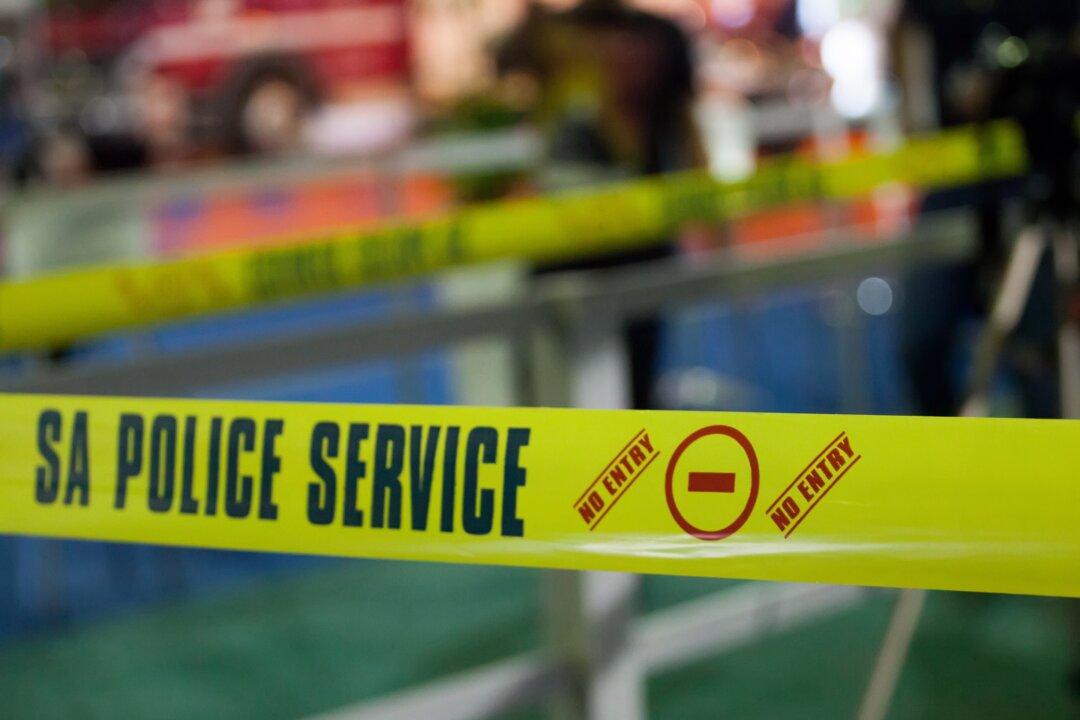JOHANNESBURG—The summer sun was setting over the sea of shacks in Diepsloot, a township north of South Africa’s largest city, Johannesburg, on Dec 1. The mob took turns hurling chunks of broken brick against the bodies and heads of five young men who were kneeling in the gravel, hands bound behind their backs.
An old woman wielding a wrought-iron bar stepped up to strike one of the men, who were accused of gang-raping a teenager, across the top of his head.





